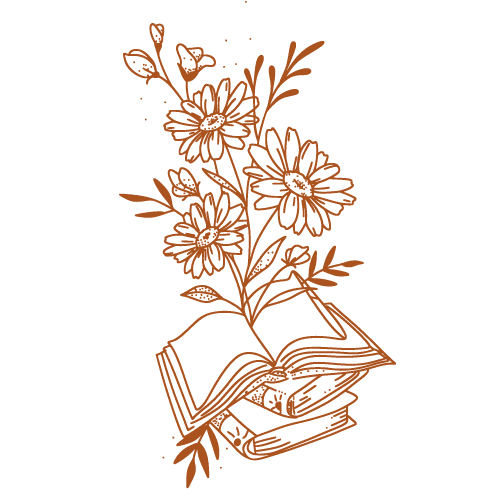There are two version of the course: self-study and tutored.
SELF-STUDY
- Immediate access to all six modules of the course + mini bonus module
- 3h+ video content (with transcripts) + downloadable written versions
- No deadlines – work at your own pace
- Lifetime* access to the course materials
- 10 bonus resources
- Quizzes to test your understanding
- Certificate of completion
- 1 membership upgrade point for the Chartered Institute of Editing and Proofreading
*Refers to lifetime of the course. If/when the course retires, access will be revoked – but you are able to download and keep all the written resources.
TUTORED
Everything in the self-study version, but:
- Paced learning – one module released every week (six modules + mini bonus module)
- PLUS a set assignment per module – with detailed, personalised feedback
- AND 4 membership upgrade points for the Chartered Institute of Editing and Proofreading
- NEW: private community of your fellow students so you can chat about the course
ON SALE: Tue 19th November, 2024 (7pm GMT) SOLD OUT
COURSE START DATE: Tue 7th January, 2025
I’m ready to order



